Showing 61-75 of 85 results
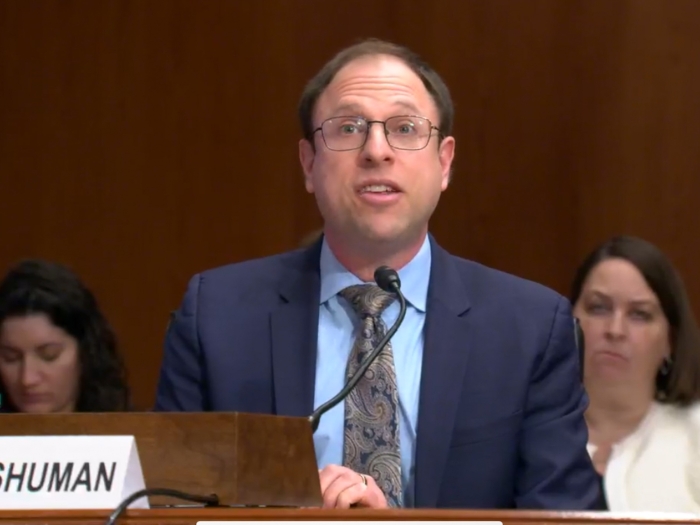
Health Lab
To combat critical drug shortages, a Michigan Medicine physician advocates for better solutions to the ongoing supply chain issues regarding medications in the United States.
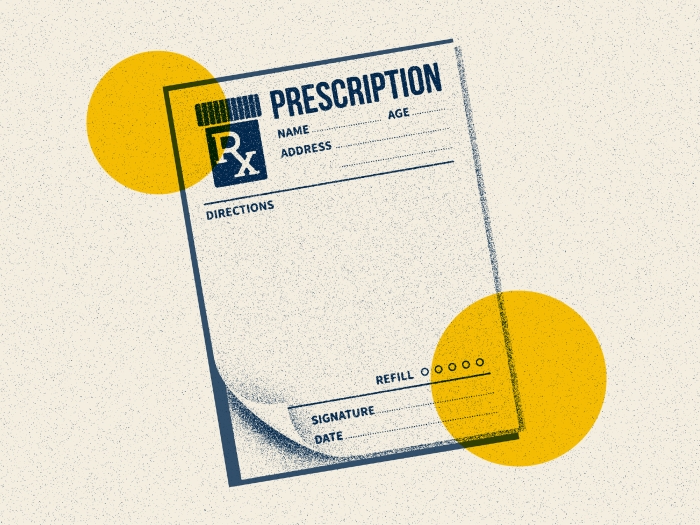
Health Lab
Cerebral palsy patients at higher risk of being prescribed opioids for pain, even though Michigan Medicine researchers find them to not be effective for their unique pain issues.
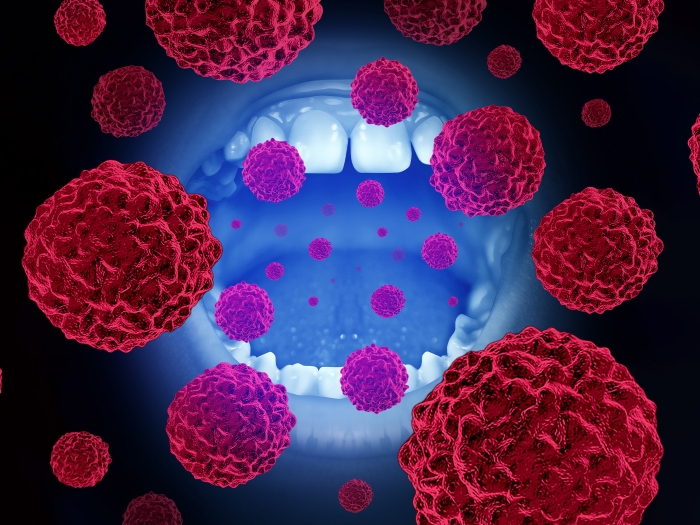
Health Lab
A team of Michigan Medicine researchers have identified a mechanism in mice for how obesity affects some oral cancers’ ability to escape from the immune system.
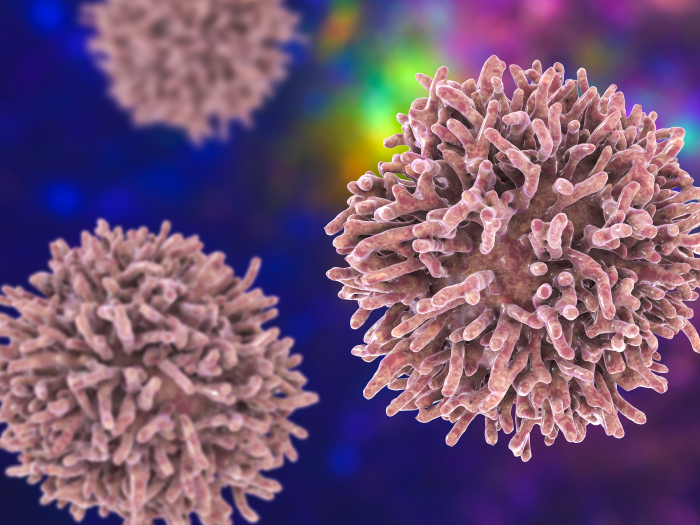
Health Lab
For thyroid cancer, experts examine the current state of overdiagnosis, new therapies, health equity concerns and more.
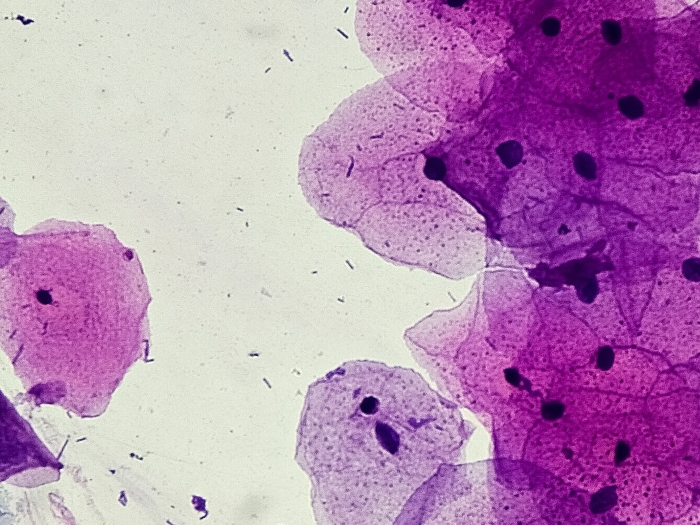
Health Lab
Researchers at Michigan Medicine have identified a new metric to articulate the relationship between nerve density and oral cancer. The study investigated normalized nerve density to translate previous mechanistic studies into a context that could be used in the clinic.

Health Lab
Financial toxicity of cancer impacts partners’ quality of life, with people reporting pain, fatigue and sleep issues tied to missed work and medical bills
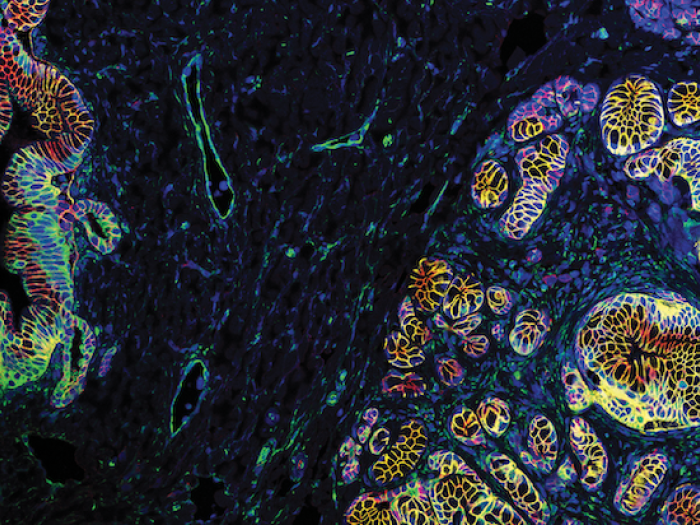
Health Lab
A research partnership has revealed a new pathway to understanding the progression of pancreatic cancer.
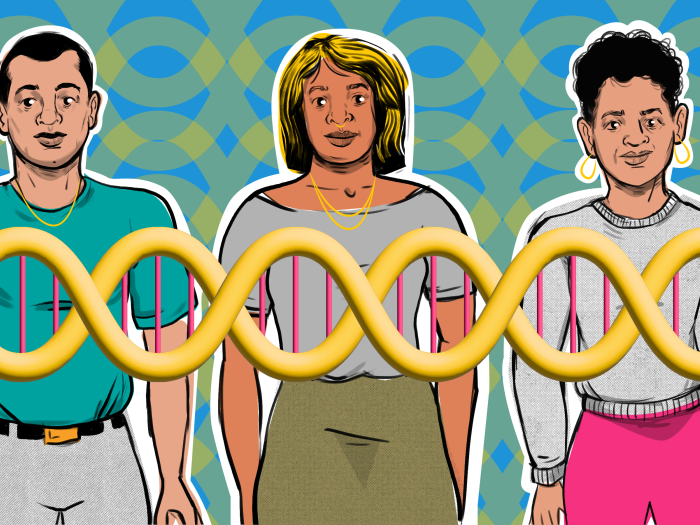
Health Lab
A variety of factors affect the barriers that patients with cancer foresee to undergoing genetic testing, researchers found, but the issues that motivate patients to actually follow through with genetic testing remain unclear.

Health Lab
Michigan Medicine researchers used microfluidic devices to track what happens to cancer cells as they migrate and take root in the brain.

Health Lab
Genetic testing for hereditary conditions such as breast cancer can have implications for the whole family. Learn how genetic testing helped Cathleen Argyle and her family to uncover a rare mutation and how the Rogel Cancer Center provided advice and guidance throughout the process.
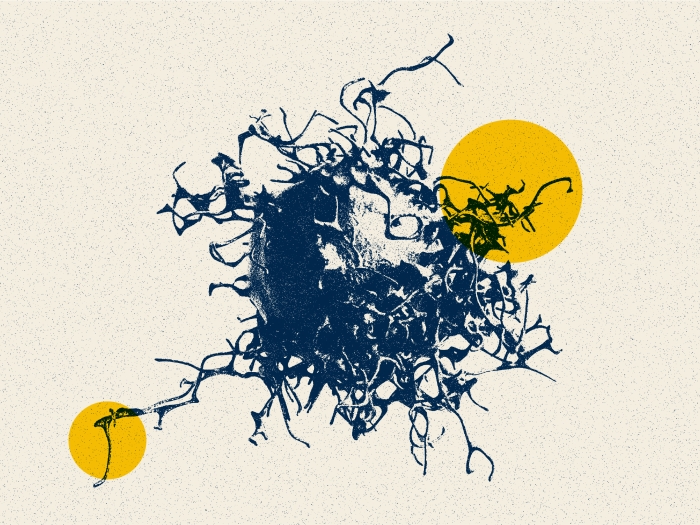
Health Lab
A new study finds AI-based diagnostic screening system, DeepGlioma, detects genetic mutations in brain tumors in under 90 seconds. Streamlining glioma diagnosis and treatment.

Health Lab
Using neuropsychology to heal from cancer treatment: A multidisciplinary clinic uses this method to help patients after oncology treatments
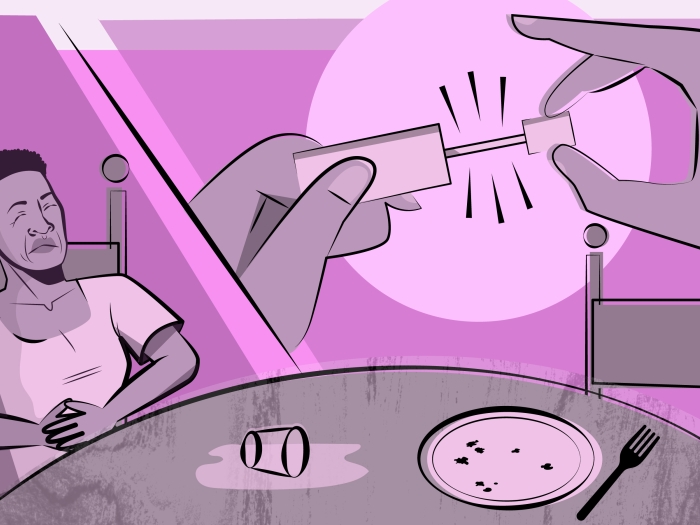
Health Lab
What to know about an at-home colorectal cancer screening test versus a colonoscopy
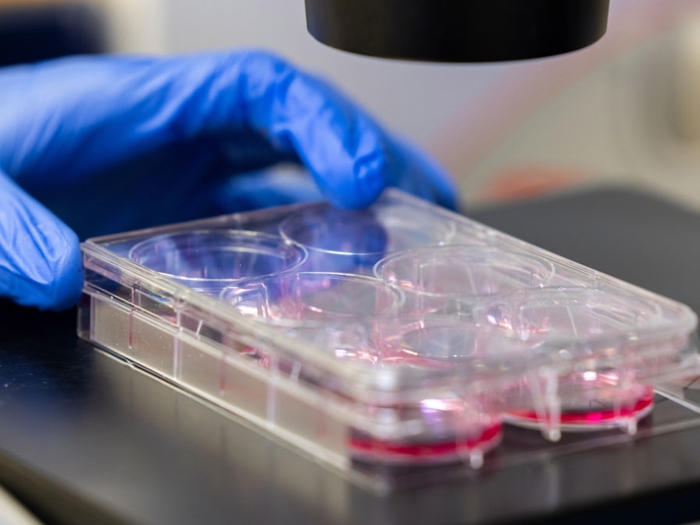
Health Lab
By feeding T cells in the lab, researchers revealed a new metabolic pathway that could help make immunology more effective.
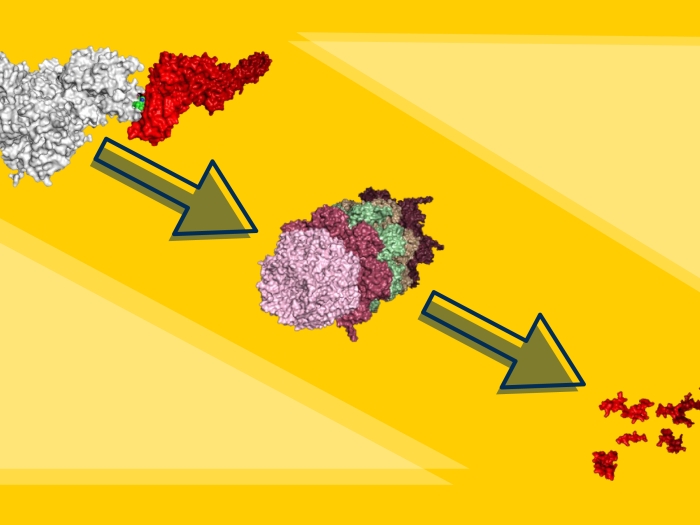
Health Lab
Protein degrader shows promise against STAT5, which plays a role in leukemia and other cancers